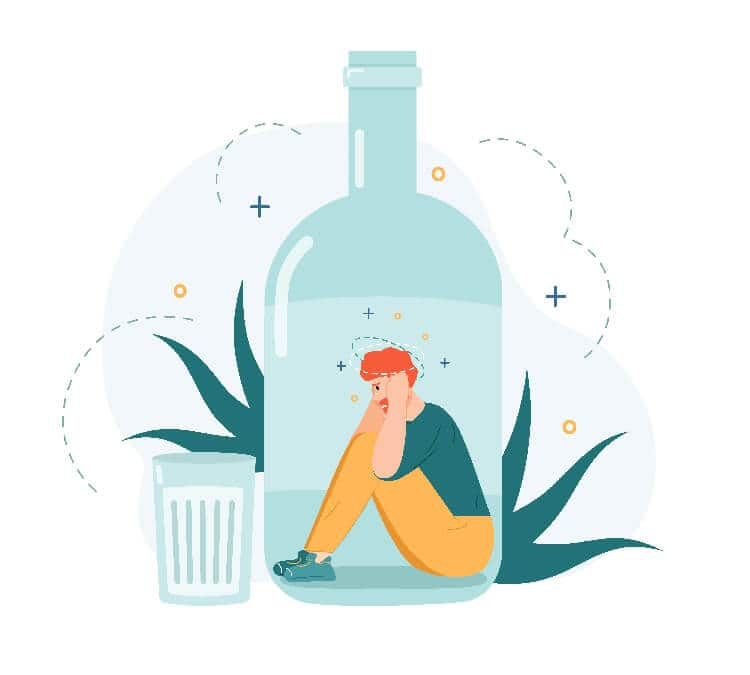What is an alcohol disorder?

Alcohol Use Disorder, Alcoholic, Problem Drinking, Alcohol Abuse, Alcoholism: these are all terms that are being used more frequently these days when an individual is being diagnosed with an alcohol disorder.
An Alcohol Use Disorder is classified as a medical condition that occurs when drinking alcohol causes serious problems in all life areas such as work, social, relationships, exercise and health. Yet we continue drinking alcohol knowing our drinking is having this detrimental effect and we are choosing to not make any changes. In fact, our continuing to drink is spiralling to create a worsening all round situation. This is a lifelong medical condition and even after treatment we will need to remain abstinent from any form of alcohol as just one drink will return us to daily drinking again with a total inability to control it.
Who might get an alcohol disorder?
There are no age limits for anyone with a problem with alcohol and, in fact, at The Haynes Clinic we have noticed that over the last 5 years, the most common age of people with an alcohol use disorder has suddenly dropped from being in their 40s, 50s and 60s to being in their 20s and 30s. This is in part due to the Covid pandemic and people spending more time drinking at home where the consumption is much higher than when actually going out and buying a round in a pub, and also cheaper. Thus, anyone with a predisposition for a dependency on alcohol will be bringing the date when they will need to be seeking help forward to a much younger age. The youth of today drink in a far different manner than the previous generation as can be evidenced by the vast number of pubs that are closing.
Symptoms of alcohol use disorder
- You spend a lot of time getting alcohol, drinking it and recovering from its effects
- Your drinking has stopped you doing social things you like
- You have started to isolate or will drink with others who have a similar problem
- When not drinking you think about drinking or crave a drink
- You continue to drink even though your drinking has created arguments with those close to you
- You continue to drink even though all your life areas are being detrimentally affected
- You keep promising yourself and others you are going to stop or cut down and can’t.
- You have developed a tolerance to alcohol and have to drink more to try and get the same effect
- You need alcohol to try and feel normal
- When you try to stop drinking you go into alcohol withdrawal and have symptoms such as nausea, anxiety, headaches, sweats and even hearing voices and having potentially dangerous seizures.
- You have to drink alcohol to stop the withdrawal symptoms
The condition is a developing one that is different for everyone so that if, when reading this, your assumption is that ‘I am not that bad I don’t have all those symptoms’, you may need to accept that you may not have these symptoms now but in months to come they will, without doubt, develop.
Is alcoholism inherited?
At The Haynes Clinic we are often asked the question “Why me,” and there is no definite answer to that and certainly alcoholism can affect any age and any sex. The condition could be present in genetic form within a family, it could be that some people have a disposition for a dependency to alcohol or an onset due to their environment. It is clear that, for some, an increased consumption for men or women beyond the recommended 14 units of alcohol weekly, spread over at least 3 days, will hasten alcohol use disorder or an addiction to alcohol or alcoholism.
Alcoholics need help!
Part of the problem is our ongoing denial of the extent of a worsening problem and the sooner we ask for help, or even attend somewhere such as The Haynes Clinic for a free confidential assessment, then the sooner we will be able to get our life back and free from addiction
Telephone The Haynes Clinic on 01462 851414 – we can be contacted 7 days a week.
